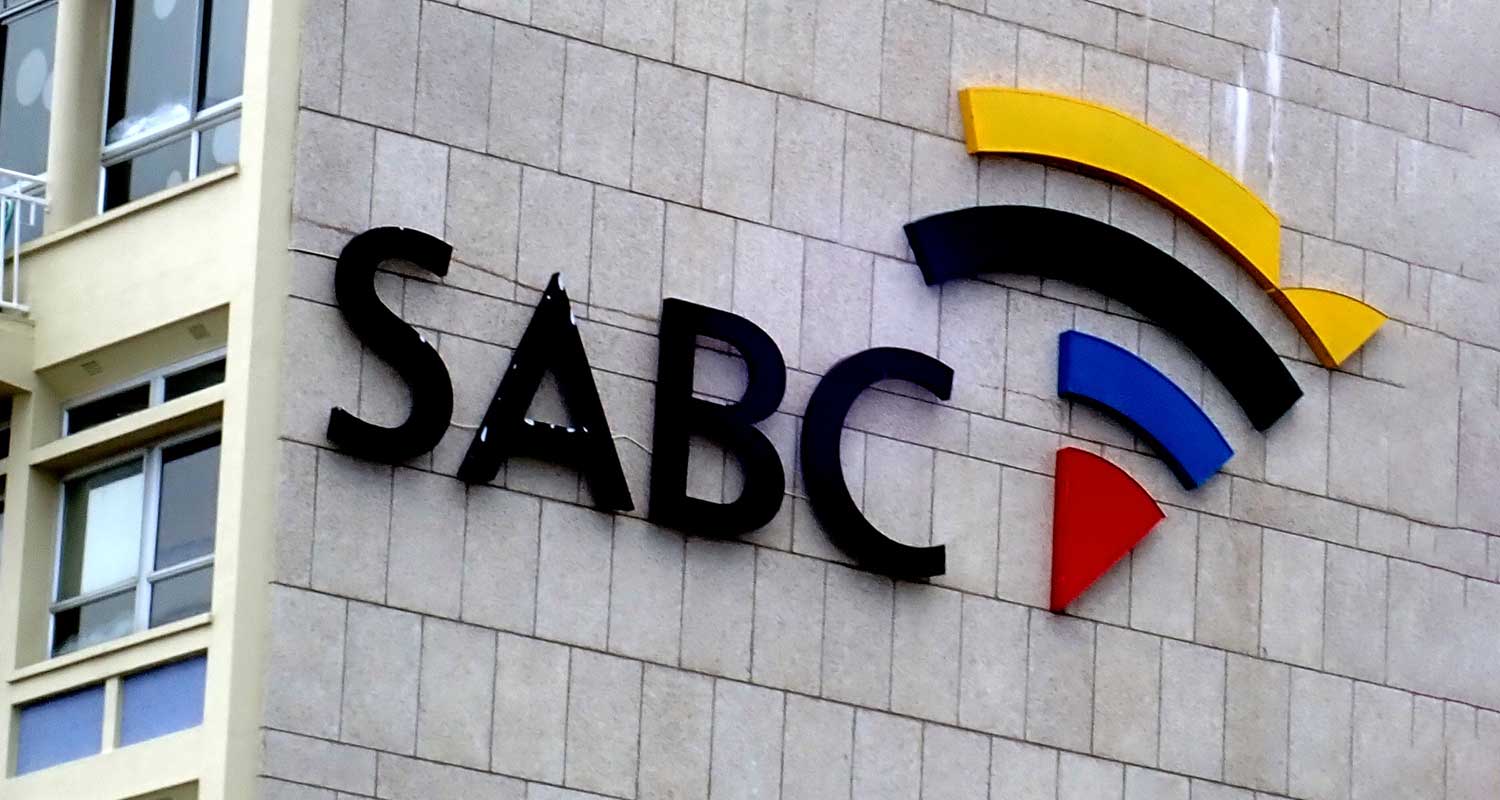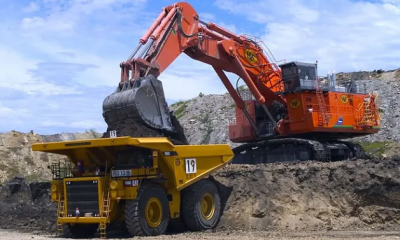411
SABC TV Licence Crisis: Ministers Clash Over the Future of Broadcasting Reform in South Africa

South Africa’s SABC TV Licence saga has reached new heights, with the country’s top brass locked in a bitter dispute over a critical piece of legislation aimed at reshaping the South African Broadcasting Commission’s (SABC) financial future. The SABC Bill, introduced in 2023 to replace the Broadcasting Act of 1999, has sparked heated arguments among key figures in South Africa’s Government of National Unity (GNU).
The TV Licence Crisis: A Growing Financial Burden
The TV Licence, which was originally designed to fund the SABC and help it deliver on its public service mandate, has become a point of contention. Over the past six years, non-payment of TV Licences has risen sharply, with 87% of South African households failing to pay in 2024. This has left the SABC’s financial position in dire straits, and a solution is urgently needed.
Despite efforts by the Parliament’s Portfolio Committee for Communications and Digital Technologies, which worked on the SABC Bill for over a year, Communications Minister Solly Malatsi made the controversial decision to withdraw the Bill in November 2024.
A Divided Government: Malatsi vs. Gungubele
Malatsi’s withdrawal of the Bill has ignited a firestorm of political and public backlash. Former communications minister Mondli Gungubele, who initially introduced the Bill, described the withdrawal as a mistake, given the extensive work that had gone into drafting the legislation. Parliament’s Khusela Diko, another key figure in the ANC, warned that the move could sound the “death knell” for the SABC.
The situation is further complicated by political divisions within the GNU. Malatsi, a member of the Democratic Alliance (DA), and Gungubele, from the African National Congress (ANC), are at odds over how to proceed with the SABC Bill. Malatsi’s decision to withdraw the legislation has been questioned by his colleagues, with President Cyril Ramaphosa stepping in to assert more control over the process.
Legal and Political Tensions Mount
The disagreement over the withdrawal has escalated. Malatsi has expressed frustration with the National Assembly speaker Thoko Didiza, accusing her of stalling the Bill’s withdrawal. However, Diko and other ANC leaders have accused Malatsi of acting unconstitutionally. Despite the backlash, Malatsi remains firm in his stance, indicating that he may seek legal recourse to ensure the Bill’s removal from parliament.
The SABC Bill: Flawed or Just Misunderstood?
Many in the media and broadcasting sectors are backing Malatsi’s decision, citing the SABC Bill’s failure to adequately address the SABC’s funding crisis. Media Monitoring Africa’s director, William Bird, argued that the Bill was fundamentally flawed and unlikely to solve the broadcaster’s financial woes. Uyanda Siyotula, from the SOS Support Public Broadcasting Coalition, echoed Bird’s sentiments, stating that the Bill required proper consultation and redrafting rather than just amendments.
For some, the withdrawal represents an opportunity to revisit the Bill’s shortcomings and include a more effective solution. Siyotula emphasized that the Bill should not be rushed through parliament without properly addressing the audio and audiovisual content policy—an issue she believes must be finalized before any new legislation is passed.
What Does the Future Hold for SABC?
As the battle over the SABC TV Licence and the SABC Bill continues, the South African government faces a significant challenge in finding a solution that will secure the financial future of the SABC. With a growing number of citizens failing to pay their TV Licences and increasing political and public pressure, the need for a viable solution has never been more urgent.
With key figures in the government at loggerheads and the SABC’s financial situation growing more dire by the day, the coming months will be crucial in determining how South Africa will reform its broadcasting sector. Can Malatsi’s stance lead to a more effective policy, or will political squabbles prevent meaningful reform?
The ongoing debate over the SABC Bill and TV Licence crisis underscores the broader issue of how public service broadcasting should be funded in an era of declining resources and changing consumer habits. The outcome of this clash could have far-reaching consequences for the future of South Africa’s media landscape.
Follow Joburg ETC on Facebook, Twitter , TikTok and Instagram
For more News in Johannesburg, visit joburgetc.com



























